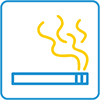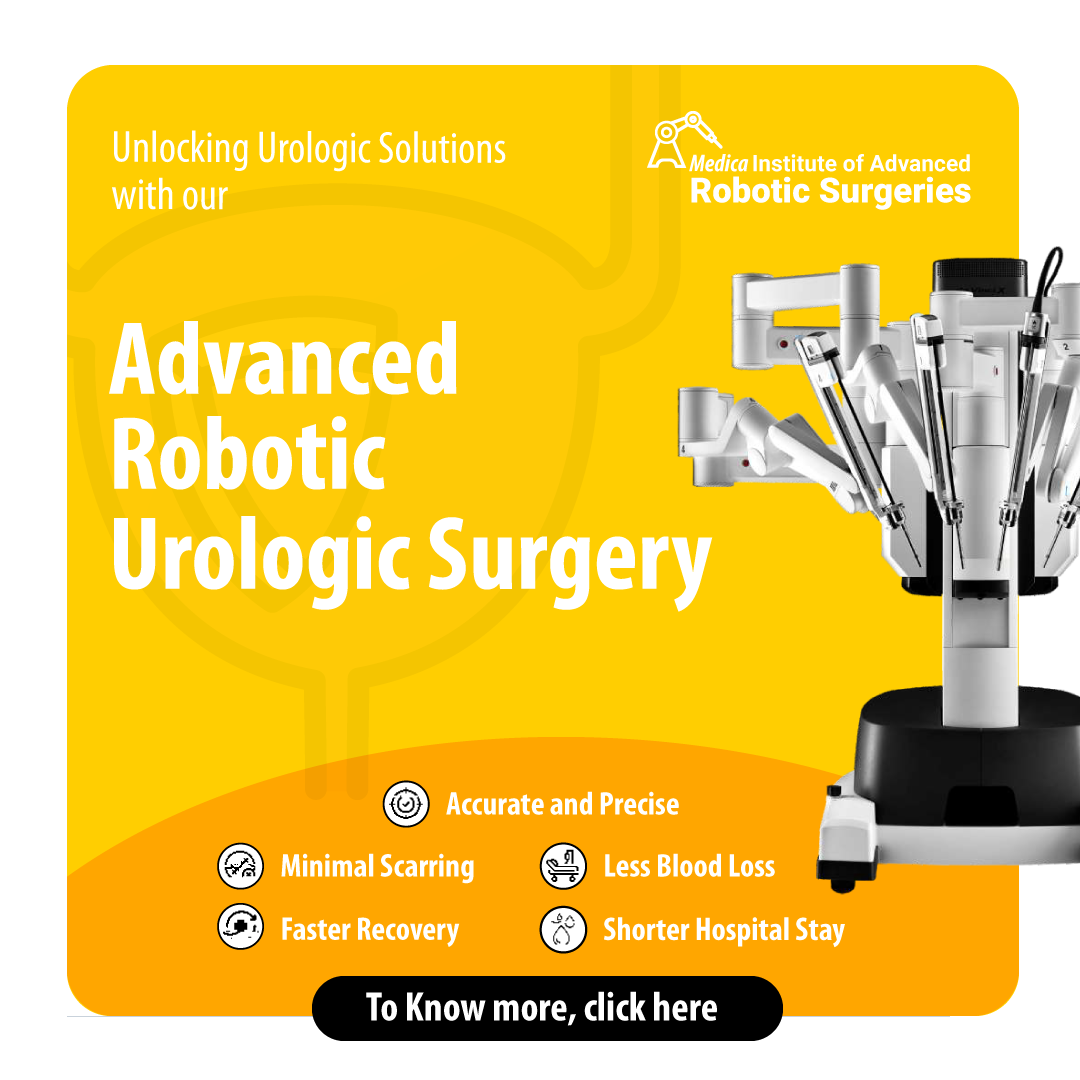Advanced Treatment for Urinary Incontinence at Medica
Bladder control loss that ranges from a small amount of urine lost after sneezing, coughing, or laughing to full inability to control urination. Problems with the muscles and nerves that assist the bladder hold or pass pee are the most common causes of urinary incontinence. While age may play a role, urine incontinence is not a natural aspect of the aging process. Many individuals believe that urine incontinence is a natural aspect of aging. However, this is not the case. It’s also something that can be managed or addressed.
For many people, the feeling of uncontrollably spilling pee can be humiliating. Urinary incontinence is a lack of bladder control that most typically affects older people and women who have just given birth or are going through menopause. Other causes include urinary tract infections (UTIs), pelvic floor problems, and an enlarged prostate.
Free Doctor Assessment
The kidneys, ureters, bladder, and urethra make up your urinary system. These components serve a variety of purposes. They are responsible for filtering, storing, and removing waste from your body. Your kidneys are the body’s filters. The kidneys produce urine to eliminate waste items from your blood. The urine next passes through the ureters, which are two narrow tubes. The ureters link to the bladder, which collects urine until it is time for it to leave the body. The bladder acts as a storage tank, and when it fills up, the brain sends a signal to the brain that it’s time to urinate. When a muscle (sphincter) opens, enabling urine to flow freely out of the body through the urethra, pee leaves the bladder.
Types of Incontinence
Incontinence can come in a variety of forms. Urine leakage can be caused by a variety of factors, each of which has its own set of causes, characteristics, and triggers. The type of incontinence is typically a crucial aspect of the incontinence diagnosis and treatment approach.
Incontinence: This type of incontinence is characterized by a strong need to urinate as soon as possible. Often, you won’t be able to get to a toilet in time, and you’ll end up leaking urine. Overactive bladder is a condition that can induce urge incontinence (OAB).
Overflow Incontinence: Overflow incontinence occurs when your bladder does not empty completely each time you urinate. Consider the bladder to be a juice jug. Even if you simply pour a portion of the juice from the jug, there’s still a chance that it will spill when you move around. Overflow incontinence occurs when the bladder is never totally empty, putting the person at danger of spilling.
Stress Incontinence: Stress incontinence occurs when you lose pee during activities. Your pelvic floor muscles are weak and no longer support your pelvic organs as they should with this type of incontinence. Because of your muscle weakness, you’re more likely to inadvertently leak pee while moving around. Many people experience leakage when they laugh, cough, sneeze, run, jump, or move heavy objects.
Mixed Incontinence: This sort of incontinence is caused by a variety of conditions that all lead to leakage. You could have stress incontinence and an overactive bladder if you have mixed incontinence. When you have leaking concerns with this sort of incontinence, it’s critical to pay attention to what you’re doing. The best method to deal with mixed incontinence is to figure out what causes it.
Symptoms of Incontinence
Urine leakage is the most common symptom of incontinence. This could be a continual trickle of pee or a leakage that occurs on occasion. You may have significant or small volumes of spilled urine if you have incontinence. Leakage can occur for a variety of causes, many of which are dependent on the type of incontinence you have.
You may pass urine if you:
- Exercise
- Cough
- Laugh
- Sneeze
- Have a strong desire to urinate but unable to
- Late night trips to the bathroom (nocturia)
With the right therapy, most cases of urine incontinence can be cured or controlled.
Seek help from an expert
Call NowCauses of Incontinence
You could be experiencing incontinence for a variety of reasons. These reasons differ depending on whether you’re a woman or a male. Some of the causes are transitory medical issues that normally resolve after they are treated. When the disease is cured, your incontinence usually stops as well. Long-term (chronic) medical disorders can induce incontinence. When you have leakage problems as a result of a chronic disease, it’s usually something you’ll have to deal with over time. Chronic illnesses rarely go away, even with treatment. As a symptom of your chronic condition, incontinence may need to be treated over time.
Other Risk Factors
Diagnosis
A chat with your healthcare practitioner about your medical history and bladder control concerns is often the first step in the diagnosing process for incontinence. Your healthcare provider may ask you questions such as:
- How often do you have to go to the bathroom?
- Do you leak pee in between toilet trips, and if so, how often and how much do you leak each time?
- How long have you been having incontinence issues?
These questions might help your doctor identify a pattern in your leakage, which can indicate a particular form of incontinence. It’s vital to list all of your prescriptions when your doctor asks about your medical history because some medications can induce incontinence. Your provider will also inquire about previous pregnancies and delivery data.Other tests such as urine tests, ultrasound, cystoscopy, etc. might be advised.
When to See a Doctor?
It’s critical to understand that incontinence can be managed. Many individuals assume it is an inherent problem that comes with aging. Consult your physician if incontinence is interfering with your everyday activities and causing you to miss out on activities you normally enjoy. Incontinence can be treated in a variety of ways.

Minimally Invasive
Surgery

World Renowned
Experts
EMI Facility
Available

Covid Safe
Environment
Treatment
When developing a treatment plan for your incontinence, our professionals will take into account a variety of factors, including the sort of incontinence you have and how it affects your life are both important factors to consider. Your healthcare professional will also discuss the therapy options available to you. Medications, lifestyle changes, and surgery are the three main forms of incontinence treatments available. Your provider will discuss the advantages and disadvantages of each option with you. Medica Superspecialty Hospital, Kolkata is well-known for its departments of urology and nephrology and have a collective experience of over 30+ years. Our facilities are state-of-the-art and the latest in the region.













